Thanks to Facebook, this morning I have: analyzed my toes in an effort to discover my ethnic heritage (no joke), engaged in a heart-rate raising discussion on public versus hack-schooling, learned some interesting facts about broccoli, and identified who among my circle of “real” friends is currently suffering with the flu.
Facebook elicits emotion. Emotion takes energy. Energy is one thing that everyone but my four- year-old-son seems to be short of.
We drink Red Bull, wait too long in the wrap-around line at the Starbuck’s drive-thru, pound the Diet Coke, and sing a love song to our Keurigs for making coffee so easy (ok maybe that’s just me) because we need more of it. (Energy, that is.)
That’s where an inconvenient truth comes in . . .You know it. I know it. The person whose post you just “liked” knows it.
Facebook can be depressing.
This morning I received another message from a friend telling me she was staying away. Not from me, but from “booking.”
Oddly, it felt a little like we were breaking up.
Of course, she’s been a friend for a very long time and so, I am confident that’s not what she was saying. At all. But, because of the way Facebook is so dominant in our lives, when someone says they will no longer be following the daily snippets of your life that you choose to post, it almost seems like a personal rejection.
Is there a healthy way to do Facebook?
Because, honestly, I love me some Facebook. And, at the same time, I hate me some Facebook.
For example, there was the time when I gave an “I’ll-never-qualify-for-that-mother-of-the-year-award” performance while correcting my unruly preschooler and then got on Facebook to see, no less than four, different pictures of friends happily doing Christmas crafts with their same-age kiddos.
Facebook did not bring me joy in that moment. No, quite the opposite in fact.
Some call Facebook a guilty pleasure? I really don’t think so. Chocolate is a guilty pleasure. Spending all day at a spa getting pampered=guilty pleasure. Facebook doesn’t relax us or bring us a serotonin rush. . .
I think it’s more of a necessary evil.
But, the merits of Facebook have been discussed ad nauseum in the blogosphere. Instead of arguing against Facebook, Twitter, Instagram and the vast world of virtual connections, I want to figure out how and if there is a balanced way we can use social media.
So, here goes…
Here are (my) 4 ways to make your relationship with Facebook (or any social media outlets) healthier:
1. Use it to stay informed without assuming it tells the whole story.
Facebook is where I get my news. I enjoy clicking through links to blog posts I’d never find on my own. I also like the window into the lives of out-of-town friends that I simply don’t have time to keep up with weekly. But, just like you know that the CBS Evening News is only offering you one perspective on the world’s daily happenings . . .Remember that your Facebook newsfeed is also bias. It doesn’t tell the whole story and it can’t.
For example: There’s no need to be angry with a friend because she only posted the photo of the gourmet dinner she cooked. It would have been ridiculous for her to post the photos of the hot dogs, Manwich sloppy joes, and frozen lasagna she served the previous three days.
Don’t hate her for that. Just remember when you press like that it’s not the whole story. And, if that photo pops up in your feed five minutes after you called and ordered a pizza . . .
Don’t allow it to stir feelings of guilt and shame. Instead, post a photo of your Costco pizza boxes and help us all feel better.
2. Use it to figure out how your real friends are really doing.
I’ve realized that social media can help me figure out how my real friends are doing. No, I don’t mean by what they post…I mean by paying attention to how much they interact with it. I can tell when a friend who is a regular poster goes silent that there’s probably something wrong. They may be struggling with depression or just really busy and overwhelmed. Either way, the change in their activity allows me as their real friend to check on them.
I was deeply touched a few years ago with a friend (who doesn’t even live in this country) called me about an hour after I posted a sentiment of overwhelm. Read between the lines when you interact with people you actually know and don’t miss the opportunity to circumvent Facebook and find out what’s really happening.
I have also known some “Facebook optimists.” These people who were going through absolutely horrible things in their lives…divorce, loss…yet post photos that would make you think everything was just dandy. Refer to point #1 above and then don’t miss the chance to step-in and say, “Hey, are you sure you are really ok?” when you see this happen.
3. Stop deriving our worth from our number of likes (or loves, or repins . . .).
I once posted what I thought was the cutest photo of me and my son. After 1 full day it only had 1 like. True story. 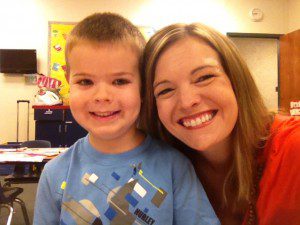
I had been accustomed to double digit likes on pictures that included my children. What was the deal? Did I look really bad in the photo? Were people annoyed because I was posting a semi-selfie? The next day, I tried to post something to help my ego recover from the blow of “no likes.” Then, I realized that my settings had been adjusted to only show the photo to one person — someone I had sent something a few days before. She was my lonely “like” for that reason.
Friends, your value isn’t in your number of likes. I know, it gives you a certain rush. It’s like a daily popularity contest. When you see those numbers climb up, and up, and up…you feel a certain sense of worth. You feel loved. But, this love isn’t real. Your value must come from some place deeper. I’d argue you want to derive your value from what Jesus Christ did for you on the cross. You are “to die for”… Don’t let Facebook take that away from you or give you a placebo effect.
4. Hide friends that aren’t.
You don’t have to unfriend them. That hurts (I know). But, so many times our newsfeeds are crammed with information from people that we barely know and it’s just not helpful. It robs you of energy and time to keep up with people that you aren’t in active relationship with. Unless you find that they post things of special interest to you (e.g. I follow an acquaintance that I haven’t spoken with in years because she posts interesting articles on health and nutrition), you don’t need to see their posts. It’ll just bog you down. Clean house.
5. Go silent but don’t go dark.
Depression usually manifests itself in the latter. When we feel down we go dark. We resort to ghost protocol. We have no interaction with others aside from necessary work conversations or what it takes to get through our day.
I am all for taking a Facebook break. But, don’t confuse taking time away from social media with taking time away from interacting with real friends. These are two very different things. Your friends can help you through the hard times. Your friends can listen and respond with more than a “like” or a sad face emoticon. We need more friends. Not more “friends.”
If you are weary of the latter…turn to the first. If you don’t have many in the first category then go some place where you can find them. Get involved in a church, do something that interests you, ask that girl you always make small talk with at the gym if she’d want to have coffee sometime. Like mom always said, to have friends you have to be one . . .
I hope you find these helpful if you are looking for a way to manage your love-hate relationship with the FB (or any of your socials, really). But, stay healthy. If social media causes you anxiety or stress in a way that you don’t think is manageable, press delete on your apps. I promise you’ll be ok. Maybe even better for it.
**Photo credit to Freedigitalphotos.net
[mc4wp_form id= “4141”]
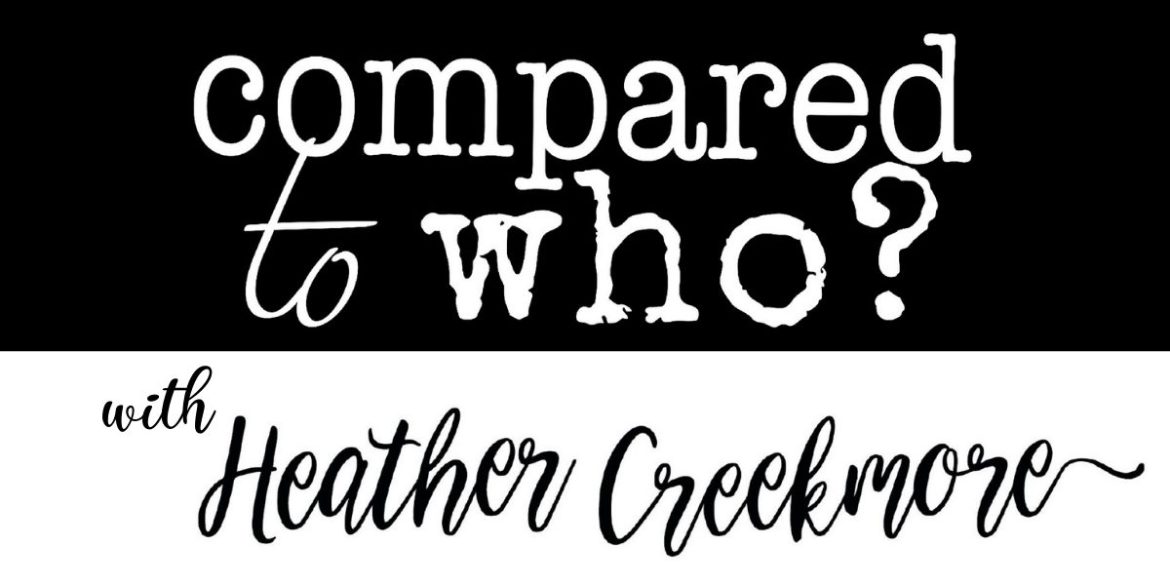

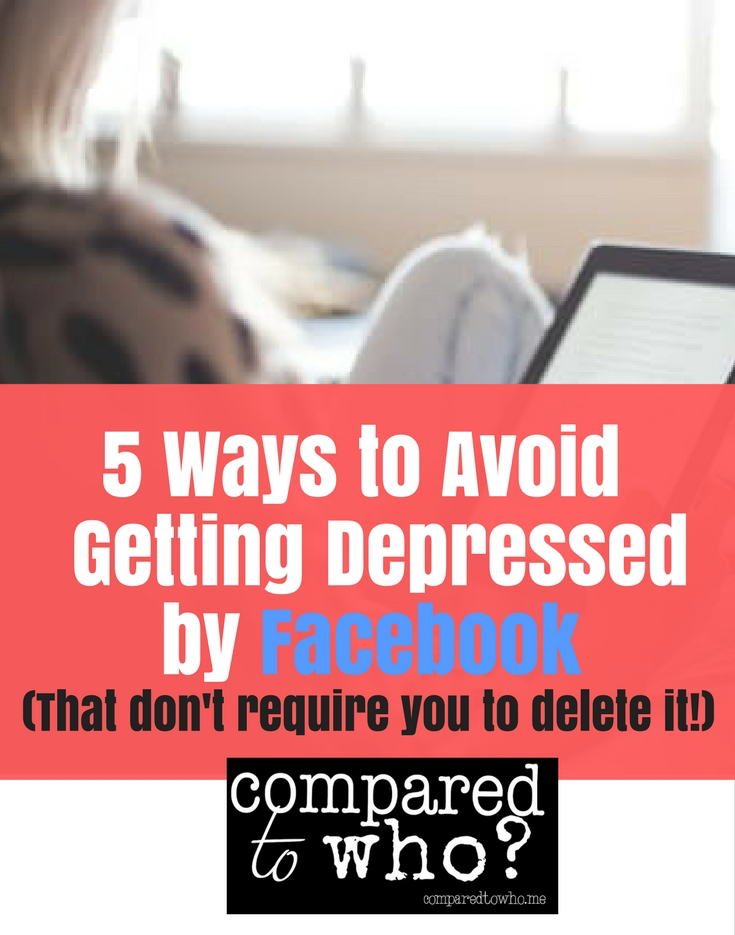
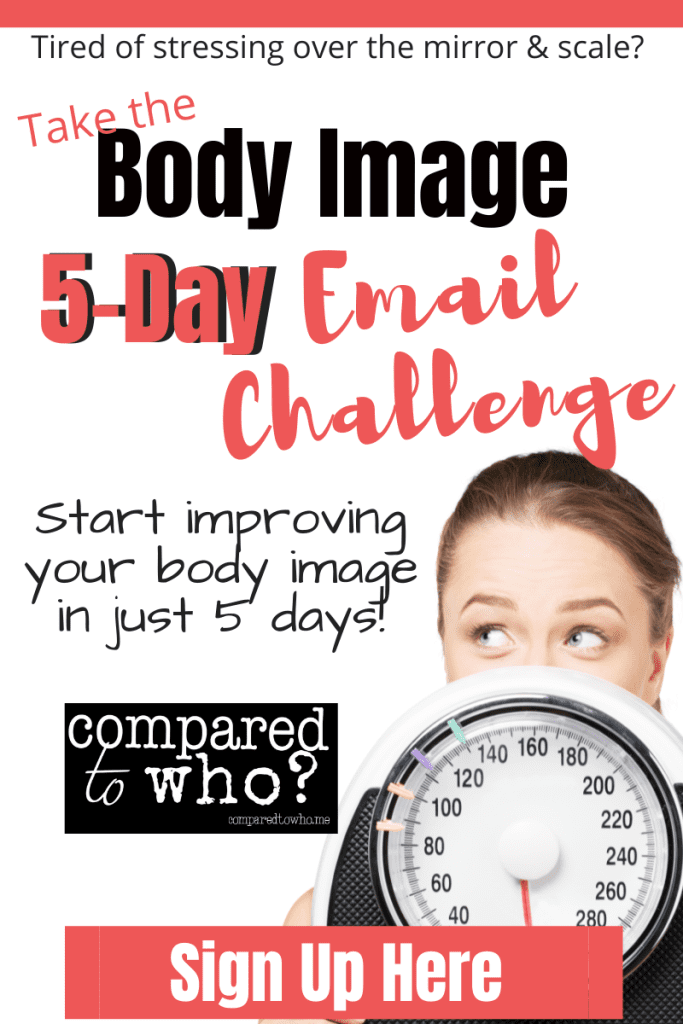
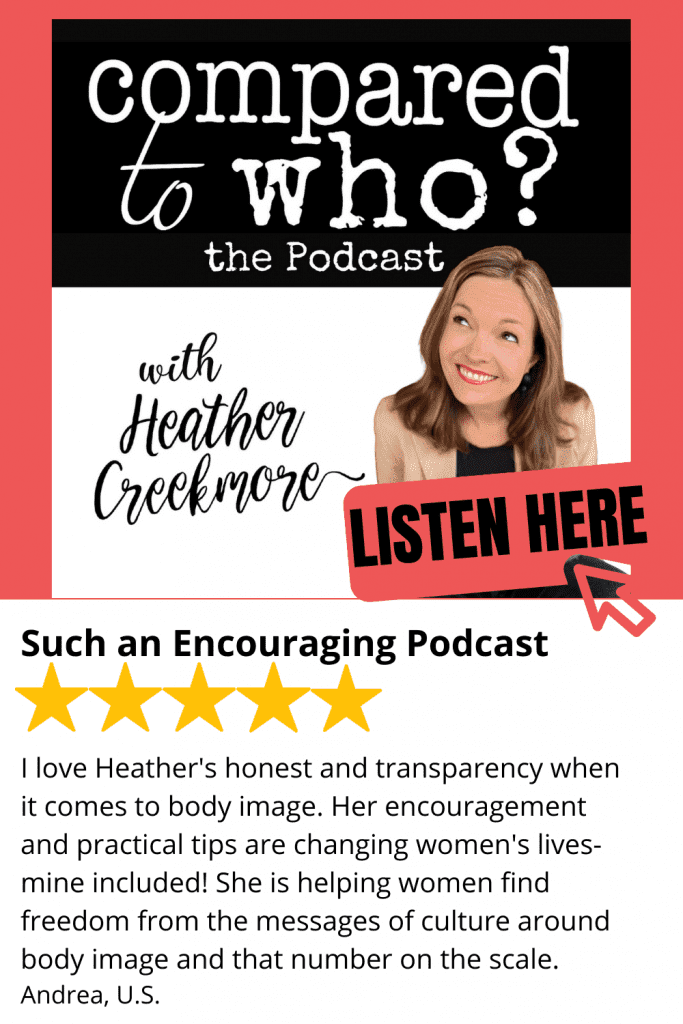

So many great ideas… thank you for the encouragement!
Amen! I found FB to be a constant reminder of how far away (in miles) I am from my family and some of my closest friends. I miss being a part of their every day lives since we moved and now, when I do visit FB, it is with a sense of anticipation – catching up instead of missing out.